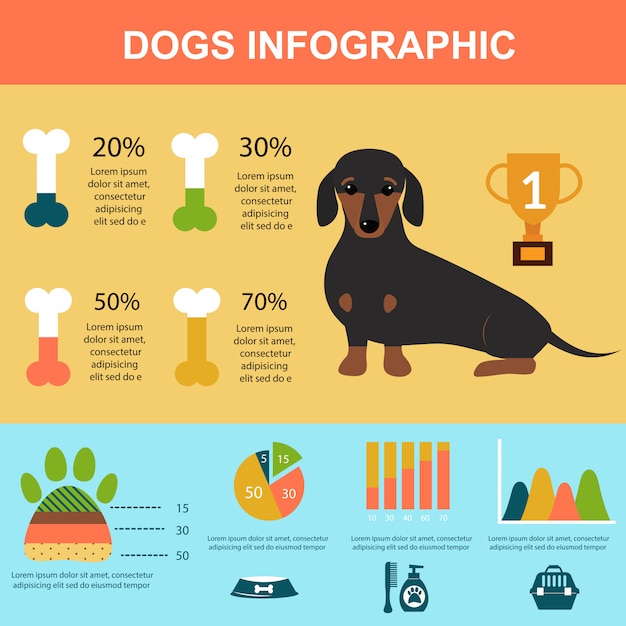Dog Daycare Bathroom Routine
Dog Daycare Bathroom Routine
Blog Article
Can Dog Day Care Reason Health Problem?
Pet dogs in daycare receive great deals of workout, socialization with other pets and special experiences. This can be especially useful for puppies and pets with behavioral issues.
There are several legal factors to consider you require to take into account when starting a doggy day care organization. These consist of the structure of your company and compliance with government policies.
1. Dog Distemper
Canine distemper is spread out via straight contact with the physical fluids and waste of an infected canine, however it can likewise be sent using common water and food bowls or via airborne droplets. This highly contagious disease is most harmful for young puppies, however it can influence pets of any kind of age and is deadly for the majority of if left untreated.
Initial symptoms of canine distemper frequently mimic a common cold, including runny eyes and nose with watery or pus-like discharge. As the illness advances, a canine will establish fever, coughing, minimized hunger, vomiting and diarrhea. The virus can likewise assault the nerve system, resulting in seizures, twitching and partial or complete paralysis.
Trusted day cares decrease exposure to infection by requiring vaccinations, regular health examinations and comply with stringent hygiene protocols. If your pup appears excessively exhausted or limping, a day of rest may aid him recuperate, however you should avoid taking him back to childcare till these signs and symptoms improve.
2. Kennel Coughing
Kennel cough, likewise known as infectious canine tracheobronchitis or Bordetella, is a highly transmittable viral or microbial illness that impacts the breathing tract. It's typically moved via the exchange of saliva or air beads that an ill canine exhales. Social dogs go to greater danger for infection because of their frequent communication with each other, such as when they play, share food or water, smell one another or simply meet in a jampacked setting like a pet dog park or day care.
The most common signs and symptom of kennel coughing is a consistent and powerful cough that seems like something embeded the throat or retching. Typically, canines will divulge frothy white phlegm. If left untreated, a pet can establish pneumonia and be at major risk permanently.
A credible day care facility need to have stringent cleaning and sanitation protocols, disinfect all toys, food and water bowls routinely, and be open about their vaccination plans. Maintaining your pet approximately date on their vaccinations, specifically for bordetella and canine influenza, will greatly minimize their possibilities of contracting the illness.
3. Parvovirus
Canine parvovirus, or parvo, is a very transmittable viral health problem that can be dangerous dog kennels near me boarding for young puppies and young adult dogs with inadequate body immune systems. It's most frequently spread by direct contact with infected pet dog feces-- which can occur when canines sniff, lick, or preference infected feces-- and indirectly from contaminated individuals, things, or atmospheres (like kennels, grooming areas and grass). Young puppies and dogs without full inoculation histories are specifically prone to parvo.
The virus is extremely resistant, enduring in the atmosphere for up to 9 years, and can quickly be transferred in between pet dogs by call through feces or on footwear, clothes, and bed linens contaminated with parvovirus. Otherwise treated quickly with IV fluids, electrolyte equilibrium, vomiting control drugs and prescription antibiotics to stop additional microbial infections, a canine will swiftly dehydrate and create severe looseness of the bowels, which leads to shock and blood poisoning. Parvo is difficult to treat once a pet dog has actually ended up being ill, yet with suitable vet care, lots of puppies do survive this ailment.
4. Dog Flu
Canine flu infection is extremely transmittable and spreads through straight contact, sharing food and water bowls, licking or nuzzling other pets, through air-borne droplets, and with infected surfaces. Vaccination works in decreasing the danger of infection and outbreaks.
Many influenced dogs establish a light respiratory infection with a coughing that lasts 1-3 weeks. They might also have nasal and eye discharge, sneezing, and sleepiness. Some of the most significant cases lead to pneumonia and a high fever.
If your pet exhibits any of these signs and symptoms, do not bring them back to daycare up until they are healthy and balanced. If your dog is showing indications of severe fatigue or limping, talk with your vet right now and see to it they are on good health supplements to aid build their resistance. A vet will examine your dog for signs of the influenza by taking a sample from the nose or throat, and blood examinations can be done to confirm.